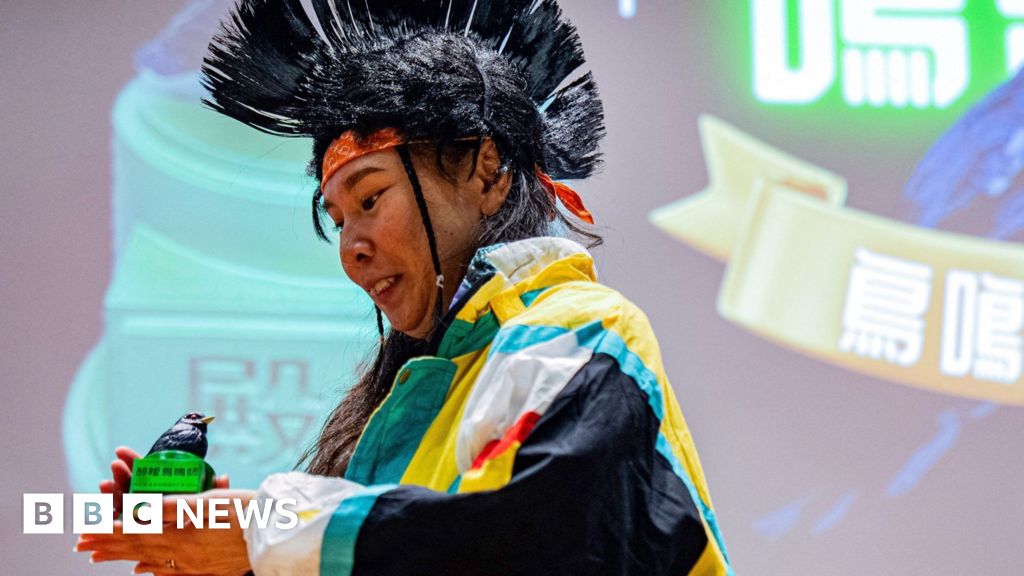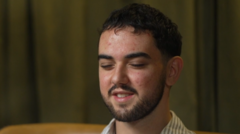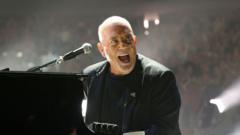In recent years, Hong Kong has struggled to draw back affluent tourists, with its image significantly impacted by protests, pandemic restrictions, and tightened security measures. The city traditionally known as Asia's shopping haven is pivoting its tourism strategy to cater to a broader demographic of travelers beyond budget-conscious individuals from mainland China.
The trend, highlighted by "special forces tourists," depicts an emerging profile of travelers from the mainland who rush into the city for brief, economical visits. Sisters Hu Di and Hu Ke exemplified this behavior by spending under $150 during a whirlwind visit, underscoring the challenges faced by local businesses reliant on tourists willing to splurge on luxury goods.
In response to declining expenditures from its primary tourist market, Hong Kong is proactively rebranding itself as a premier destination for international events and trade shows rather than solely shopping. A significant milestone in this renewal effort is the newly unveiled $4 billion sports park at the former Kai Tak airport site, featuring a state-of-the-art stadium designed to host high-profile events.
With infrastructure geared towards large-scale attractions, including concerts and sporting events, Hong Kong hopes to reinvigorate its tourism economy. This strategy not only targets returning visitors, but also aims to entice new travelers interested in unique experiences rather than mere retail therapy, thereby rejuvenating the city's global standing as a vibrant travel destination.
The trend, highlighted by "special forces tourists," depicts an emerging profile of travelers from the mainland who rush into the city for brief, economical visits. Sisters Hu Di and Hu Ke exemplified this behavior by spending under $150 during a whirlwind visit, underscoring the challenges faced by local businesses reliant on tourists willing to splurge on luxury goods.
In response to declining expenditures from its primary tourist market, Hong Kong is proactively rebranding itself as a premier destination for international events and trade shows rather than solely shopping. A significant milestone in this renewal effort is the newly unveiled $4 billion sports park at the former Kai Tak airport site, featuring a state-of-the-art stadium designed to host high-profile events.
With infrastructure geared towards large-scale attractions, including concerts and sporting events, Hong Kong hopes to reinvigorate its tourism economy. This strategy not only targets returning visitors, but also aims to entice new travelers interested in unique experiences rather than mere retail therapy, thereby rejuvenating the city's global standing as a vibrant travel destination.

















